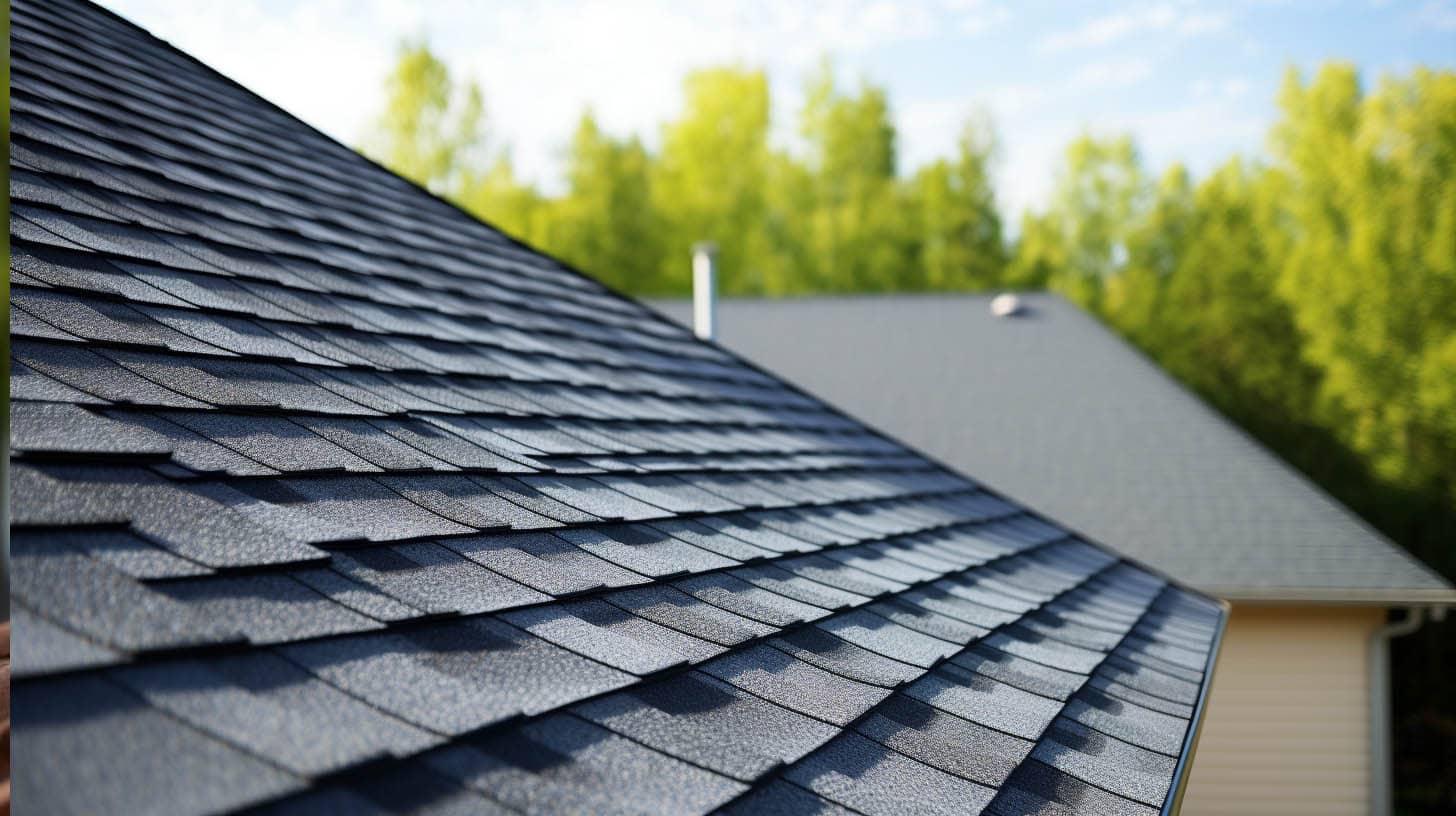
Introduction
When considering a roof replacement, homeowners often face the challenge of understanding the various factors that influence the overall cost. This article delves into these critical elements, providing clarity and insight to assist in making informed decisions.
Roof Size and Area
The size of your roof is a primary determinant of replacement costs. Roofing projects are typically measured in squares (100 square feet). Larger roofs may offer a lower cost per square due to economies of scale.
Roof Design and Complexity
Complex roof designs increase labor and material costs. Features like valleys, gables, dormers, and multiple levels require additional precision and time, impacting the overall expense.
Roof Pitch and Accessibility
The pitch or slope of your roof affects the ease of installation. Steeper roofs demand more safety measures and time, influencing the cost. Accessibility issues, such as height and surrounding landscape, also play a role in determining the final price.
Material Choices
The type of shingles you select significantly impacts the cost. Options range from basic 3-Tab shingles to high-end architectural or designer shingles, each with varying price points and longevity.
Labor Costs
Skilled labor is essential for a quality roof replacement. The expertise of the workers, the complexity of the job, and regional labor rates all contribute to the overall cost.
Insurance and Permits
Roofing contractors must carry insurance, and the cost of permits varies by location. These necessary legal requirements add to the overall expense of the project.
Structural Considerations
Any underlying structural issues, such as damaged framing or rafters, will increase the cost. It’s crucial to address these problems before installing a new roof.
Ventilation and Insulation
Proper attic ventilation and insulation are vital for the longevity of your roof. Inadequate ventilation can lead to premature aging of shingles and other issues, necessitating additional work and expense.
Waste Removal and Disposal
The cost of removing and disposing of old roofing materials, especially in cases of multiple layers or heavy materials like slate, can significantly affect the total cost.
Geographic Location
The cost of roof replacement varies widely based on geographic location, influenced by factors like local cost of living, material costs, and regional building codes.
Additional Features and Customizations
Extras such as skylights, solar tunnels, custom flashing, or gutter work will add to the cost. These features require additional materials and labor.
Unforeseen Costs
Always be prepared for potential unexpected costs that arise during the roofing process. These can include hidden structural damage or other unforeseen issues.
Profit and Overhead
Consider the contractor’s overhead and profit margin, which are essential for their business sustainability. These factors are typically included in the quote.
Conclusion
Understanding these factors is crucial when planning a roof replacement. At Benson Contracting in Glens Falls, NY, we ensure transparency and professionalism in every aspect of our work, providing you with a detailed breakdown of costs and a high-quality roofing solution tailored to your specific needs.
continue reading



